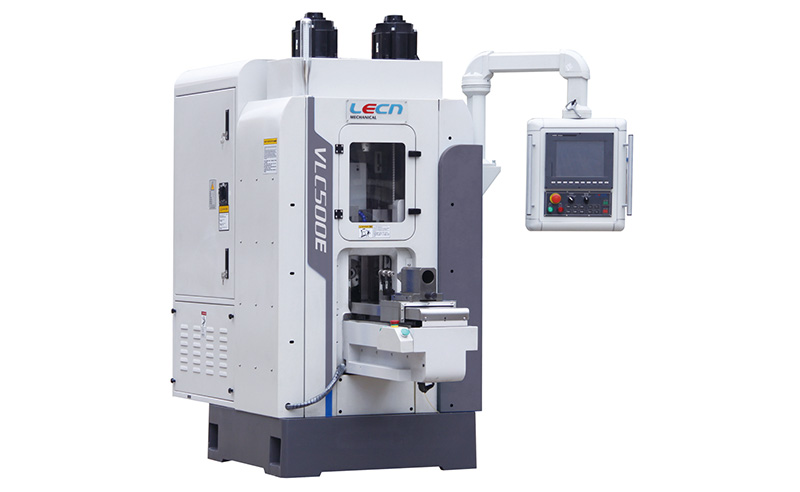Sheet metal fabrication is a crucial process in various industries, ranging from automotive and aerospace to construction and electronics. The use of CNC (Computer Numerical Control) rolling machines in sheet metal fabrication offers numerous benefits that significantly improve efficiency, accuracy, and overall productivity. In this article, we will explore the key advantages of utilizing CNC rolling machines for sheet metal fabrication.

Precision and Accuracy:
CNC rolling machines excel in achieving high precision and accuracy in the rolling process. The computer-controlled operation eliminates human error and ensures consistent results. This level of precision is particularly essential in industries where tight tolerances are required, such as aerospace and electronics. Rolling machines can reliably produce components with consistent dimensions, angles, and geometries, reducing the need for post-processing and enhancing overall quality control.
Increased Efficiency:
CNC rolling machines offer significant improvements in efficiency compared to manual rolling processes. The automated nature of CNC machines eliminates the need for manual adjustments, reducing setup time and minimizing downtime between rolling operations. Additionally, CNC machines can execute multiple rolling sequences without operator intervention, allowing for continuous production and increased throughput. This enhanced efficiency translates into higher productivity and cost savings for sheet metal fabrication operations.
Versatility and Flexibility:
CNC rolling machines provide versatility and flexibility in sheet metal fabrication. They can handle a wide range of materials, including various metals and alloys, with different thicknesses and widths. This adaptability enables manufacturers to meet diverse customer requirements and produce components for different applications. Moreover, CNC rolling machines often offer customization options, allowing for the incorporation of auxiliary tooling and the execution of complex rolling sequences, further expanding their capabilities.
Complex Geometries:
CNC rolling machines enable the fabrication of sheet metal components with complex geometries. The programmability of these machines allows operators to input specific rolling parameters, such as curvatures and profiles, into the system. As a result, intricate shapes, curves, and contours can be precisely formed, opening up possibilities for innovative and customized designs. This capability is particularly advantageous in industries like automotive and architecture, where unique and aesthetically appealing components are required.
Time and Cost Savings:
CNC rolling machines offer significant time and cost savings in sheet metal fabrication. The automated operation eliminates the need for extensive manual labor, reducing the time required for rolling processes. Additionally, the consistent and precise results achieved with CNC machines minimize material waste, as the required dimensions and shapes are accurately obtained from the start. This reduction in material waste translates into cost savings for manufacturers.
Improved Safety and Ergonomics:
CNC rolling machines enhance workplace safety and ergonomics compared to manual rolling processes. The automation of the rolling operations reduces the physical strain on operators, minimizing the risk of injuries associated with repetitive motions and heavy lifting. Furthermore, CNC machines often incorporate safety features such as guards and emergency stop buttons, ensuring a safe working environment for operators.
Quality Control and Traceability:
CNC rolling machines facilitate effective quality control and traceability in sheet metal fabrication. The computer-controlled operation ensures consistent and repeatable results, reducing variations and deviations in the final products. Additionally, CNC machines can store and track data related to each rolling operation, enabling manufacturers to maintain detailed records of parameters, measurements, and production statistics. This traceability helps identify and rectify any issues that may arise and ensures compliance with quality standards and regulations.
The use of CNC rolling machines in sheet metal fabrication offers a wide range of benefits. From improved precision and accuracy to increased efficiency and flexibility, these machines significantly enhance productivity and quality control in the manufacturing process. The ability to fabricate complex geometries, along with time and cost savings, further reinforces the advantages of using CNC rolling machines. As technology continues to advance, the capabilities of CNC rolling machines are expected to expand, further revolutionizing the sheet metal fabrication industry. More details please contact LECN


Comments
Please Join Us to post.
0